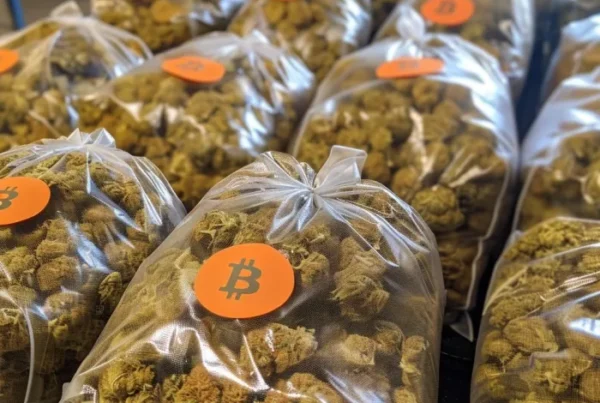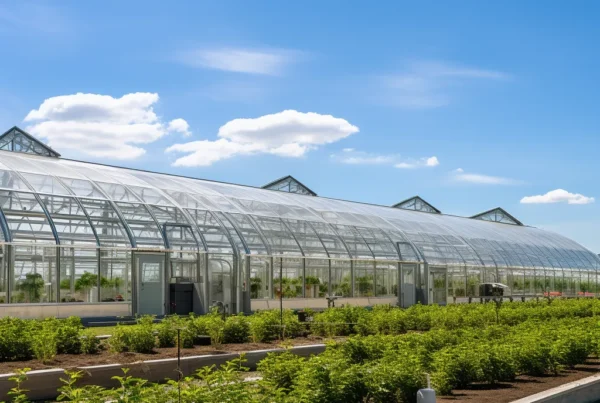Things change, mad things rearrange, but it all stays the same like the love doctor, strange. -Fugees

This month we’ve witnessed a massive disruption as three of the most prominent California cannabis companies confront their inevitable path toward the event horizon. Two decided to merge, and one got sucked into the black hole. However, this storyline is a symptom of the illness in the legal market that remains: It’s undercapitalized and overtaxed due to over-regulated municipal, state, and federal frameworks. Meanwhile, cultivators and manufacturers stay buoyant with outlets into the “other market.”
The June 2023 cannabis storyline concerns Gold Flora, The Parent Company (TPCO), and Herbl. If you’ve been watching the stock price and market cap of TPCO, it’s been a head-scratcher to see a company valued at 20% of its cash on its balance sheet. It indicates that investors don’t believe management has a path to profitability. Gold Flora’s financials are more opaque as a private company, but with four dispensaries, a distribution arm, and a sizable indoor facility, I would speculate that they need cash. Combining the two companies gets TPCO management off the hook, Gold Flora cash, and both companies a path to avert a looming cash crunch and potential disaster.
Onto Herbl. It’s unfortunate to see one of the big three (Herbl, Kiva, and Nabis) distributors fall. For reasons unbeknownst to me, they could not negotiate a merger. Their fall from grace left brands holding the bag with significant outstanding receivables. This story is a stark reminder that funding is scarce, and the toxic relationship between retailers and distributors continues. Retailers have been shamelessly holding receivables hostage, with no oversight to compel them to fulfill their financial obligations.

Consequently, distributors find themselves borrowing from brands, and brands, in turn, face insolvency. One might expect brands without an upstream supply chain to be borrowing from cultivators, but cultivators have the “other market” to keep them afloat. This reality, coupled with an increased value of the raw commodities this year, has enabled the cultivation and manufacturing segments to maintain their solvency throughout 2023.
The Cannabis Pragmatist: Invest in your upstream supply chain. Stay small and nimble until critical components of the regulatory framework change, which includes 280E, SAFE Banking Act, oversight on past due retail invoices, or federal legalization. Any one of these would be welcome tailwinds.






